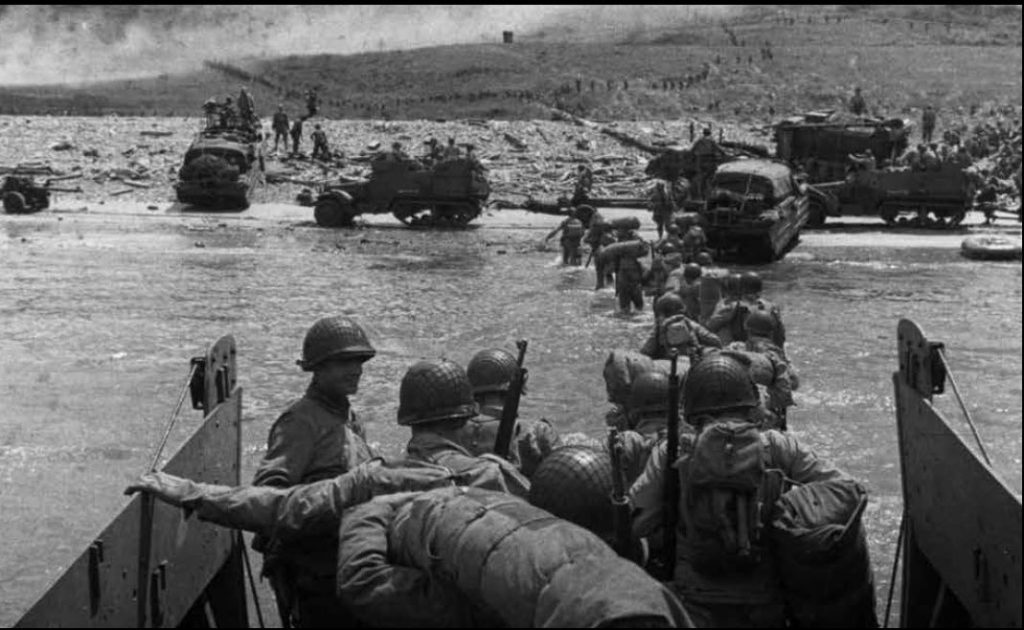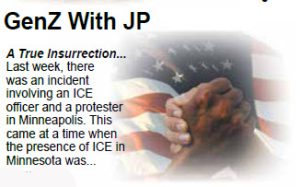 By: Ali Elizabeth Turner
By: Ali Elizabeth Turner
I was born in 1953, nine years after D-Day, and WWII still overshadowed much of our lives. Everyone knew about Pearl Harbor and the “day of infamy,” and my friend and neighbor Laurie Meacham never seemed to mind that her birthday fell on the anniversary of the most remarkable invasion that has ever occurred. Its code name was Operation Overlord, and D-Day and the ensuing Battle of Normandy lasted from June 6 until August 30, 1944. It would serve to turn the tide of the entire war, and did so at a cost that is still being counted and whose impact is still being felt 80 years later.
On the actual day of the invasion, 2500 Americans died out of a total of about 4400 Allied troops. Many were mowed down before they even got “on the beach.” Prior to their landing, General Dwight Eisenhower said the following to the troops:
Your task will not be an easy one. Your enemy is well trained, well equipped and battle-hardened. He will fight savagely … I have full confidence in your courage, devotion to duty and skill in battle. We will accept nothing less than full Victory! Good Luck! And let us all beseech the blessing of Almighty God upon this great and noble undertaking.”
Two sons of President Theodore Roosevelt fell. There is a set of twins who did not return, and are buried side by side. Four sons, whose last name was Nyland died there, and their story inspired the remarkable film, Saving Private Ryan. Four women are buried there, and while they did not die in the invasion, it was soon after, and it was decided that they would be buried there in thanks for their dedicated and dangerous service. In the Normandy American Cemetery, there are nearly 9400 white marble stones, and there is a wall commemorating the 1600 who died and were never found. There are Jews and Gentiles, blacks and whites, Hispanics and Native Americans. There are fathers, sons, cousins, generals to privates, and the French have considered it their honor and duty to keep the graves in impeccable shape to show their gratitude for being liberated from the Occupation. That gratitude has never wavered, and families inherit the honor and duty to care for the resting place of the Americans that they have “inherited.”
Two weeks after D-day itself, the Ghost Army arrived. Known as the “Con Artists of Combat,” they set up things like inflatable tanks and fake radio traffic to deceive the enemy, and it is estimated that they saved thousands of lives by tricking the Germans. And, by contrast to those on Utah and Omaha beaches, they never fired a shot. Their role was never made public until 1996, and it was this year, for the 80th anniversary that three of the seven surviving “Ghosts” were honored in a ceremony wherein they received the Congressional Medal of Honor for their contribution to the war effort. Most of them went to their graves never being able to regale their children or grandchildren with stories of what they “did in the war.”
Normandy was indeed a “great and noble undertaking,” and may we never forget the price that was paid there on the beaches and beyond that we might be free.
By: Ali Elizabeth Turner






